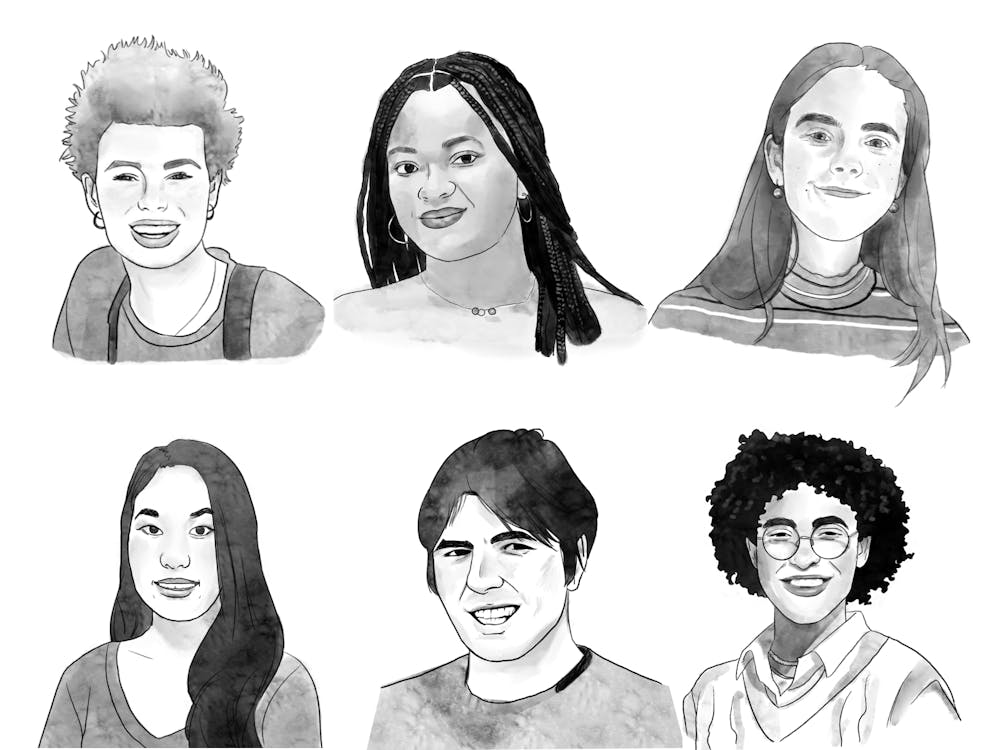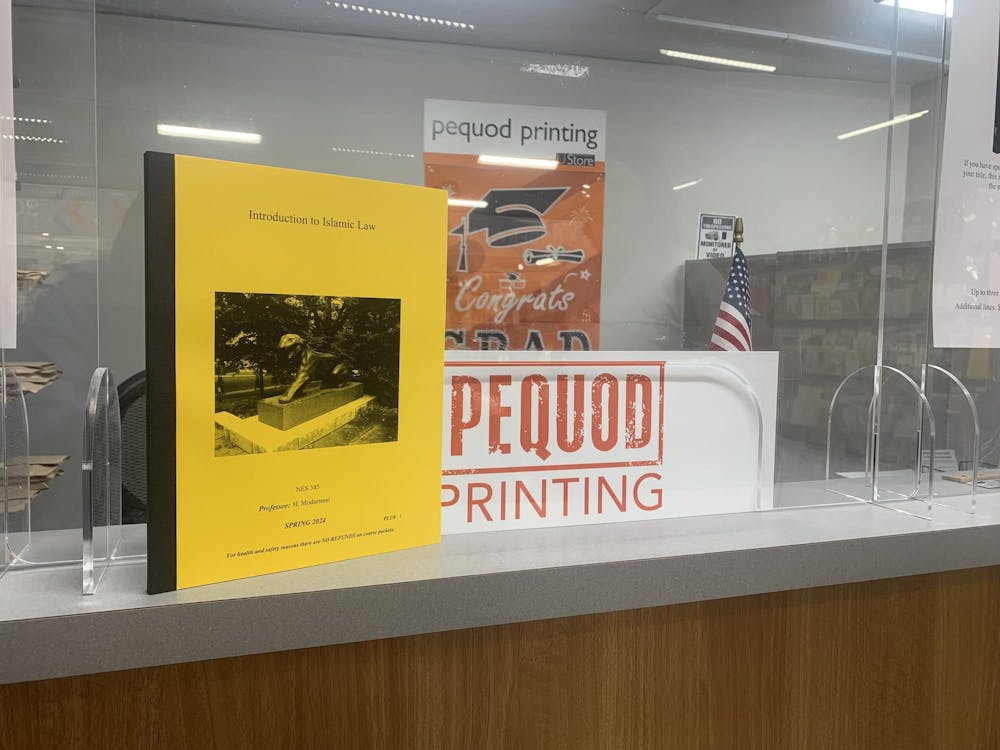“This is not a drill!” with a link to the latest presidential election poll – Facebook posts like these clutter my newsfeed. While I’m glad students are paying attention to politics and passionate about their position, many students’ lack of agency or their decision to remain inactive this election cycle frustrates me. Millennials have the power to have a real impact on this election. I’ve taken to posting upcoming volunteer opportunities to let people know that there is something they can do to make their political preference a reality.
And there are myriad ways to get involved, even in the next three weeks before the election. While I have strong beliefs leaning in one direction, I firmly believe that political activism is an important value, regardless of ideology. I’m thrilled to help make that happen, even if it isn’t for my favored candidate. Getting involved beyond complaining on Facebook is not only personally meaningful, but it has also been shown to be effective according to political science.
The first action you should take is to make sure you are registered to vote. The New Jersey deadline is Tuesday, Oct. 18, and the form is here. The registration deadline in a few other states has already passed and more deadlines are looming in the immediate future, not allowing room for procrastination. Find a buddy and peer pressure each other into printing and submitting the form together to make sure it actually happens. There is actually a study that shows how people tend to procrastinate on registering! You can confirm that you are registered to vote by checking at iwillvote.com.
If you are voting somewhere other than in Princeton, be sure to research what your state requires you to do to vote absentee. Many states have deadlines, both to request absentee ballots, which could also be very soon, and to mail in the completed ballot. After you request your ballot, don’t forget to check your Frist mailbox every third day or so to see if your ballot has arrived. Once it does, I would strongly recommend filling it out right away and mailing it back before you forget or lose it – those things happen!
Another option is to vote early, during fall break, if you are heading home. Fall break is a week-and-a-half before the election, so some states will have opened polls by then, although not every state offers early voting. This is a great option if you like to vote in person or if you missed the absentee deadline in your state. However, early voting is only offered at some polling places, which can be spread out and open at limited times, so if you want to do this, be sure to research to make sure it is possible to do so.
As you are waiting to vote though these next three weeks, you needn’t sit idly by. Campaigns are organizing field work across the country. This refers to organized efforts to reach out to voters, whether by phone or in person by canvassing, which is knocking on the doors of voters. When doing this, you try to persuade people to support the candidate you are working for, recruit people to volunteer, and provide voting information, like polling locations, to make sure known supporters are able to go vote. In Princeton, volunteers tend to both reach out to others in the area for local elections, but might also work for candidates in Pennsylvania, since it is a closer election there for the presidency and Senate. Students, both undergraduates and graduates, have been organizing volunteer efforts on campus, so it is easy to take a study break for a few hours to talk to voters, with no experience necessary, as the campaigns train you!
I’ve been canvassing in Pennsylvania on the weekends, as it is an incredibly important and close swing state in the election. Admittedly, I was feeling tired from a busy week of class work last weekend and had two papers to write for the following week. So I was not looking forward to going, even though I had committed to driving to Pennsylvania. After some breaking news one Friday, I was suddenly re-motivated to spend my Saturday morning talking to voters. I joked to my roommate, “Canvassing will be good in the short term, since I have a lot newly on my mind that I want to share with voters. However, perhaps canvassing was not quite as good in the long run because of my papers, but oh well.”
And then, I corrected myself. “Actually, good in the short term, bad in the medium run, because of my papers this week, and great in the long term.” Although we can get caught up in the Orange Bubble, events are transpiring in the real world with actual, long-term consequences. These are events that we should care about and that we can impact. So while I don’t recommend completely abandoning your academic work in the next month, I do realize that other occurrences do matter more.
Michelle Obama recently remarked that, in 2012, it was voters under the age of 30 who provided the margin of victory for President Obama in four battleground states. And it didn’t take many votes. In Virginia, the margin equaled 31 votes per precinct; in Pennsylvania, it was about 17 votes per precinct; in Ohio, only about 9 votes per precinct; and in Florida, only 6 votes per precinct. So, if domestic and international affairs are important to you, you should participate and vote, because you can make a difference.Marni Morse is a politics major from Washington, DC. She can be reached at mlmorse@princeton.edu.








